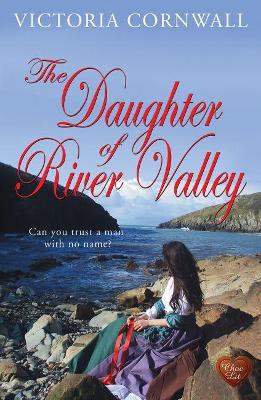Reviewed by Heather on
This novel explores the dynamics of people from different classes. Beth Jago lives outside a mining town in an cabin in a valley. She lived with her grandfather who recently died. Since then she has been receiving eviction notices. She is dealing with this by ignoring them until the threats become physical.
Many historical romances are about the English gentry but they don't explore the often unsavory ways these people made and maintained their fortunes. This book looks at the motivations of the men who own the mines that the area depends on to survive. Closing a mine can look good on paper when you don't care about the welfare of a town built around it.
I appreciated the fact that this heroine is allowed to make her own choices in this novel. She is able to prove to herself and others that she is able to provide a living for herself. It was important to her to know that she was going to choose to marry because she wanted to live with that man instead of marrying because it was an economic necessity. I believe this is one of the few historical romances that include characters in such extreme poverty that going into a workhouse at several points in their life is required. I'm finding that I like historical romances that feature working class main characters or other marginalized characters that don't often feature in traditional historical romances.
There is a storyline about an adult mentally disabled man that will be disturbing to some readers. I don't think that it is unrealistic for the time but it will be upsetting to modern readers.
This is the third book of a series but works as a standalone novel.
This review was originally posted on Based On A True Story
Reading updates
- Started reading
- Finished reading
- 10 July, 2018: Reviewed
